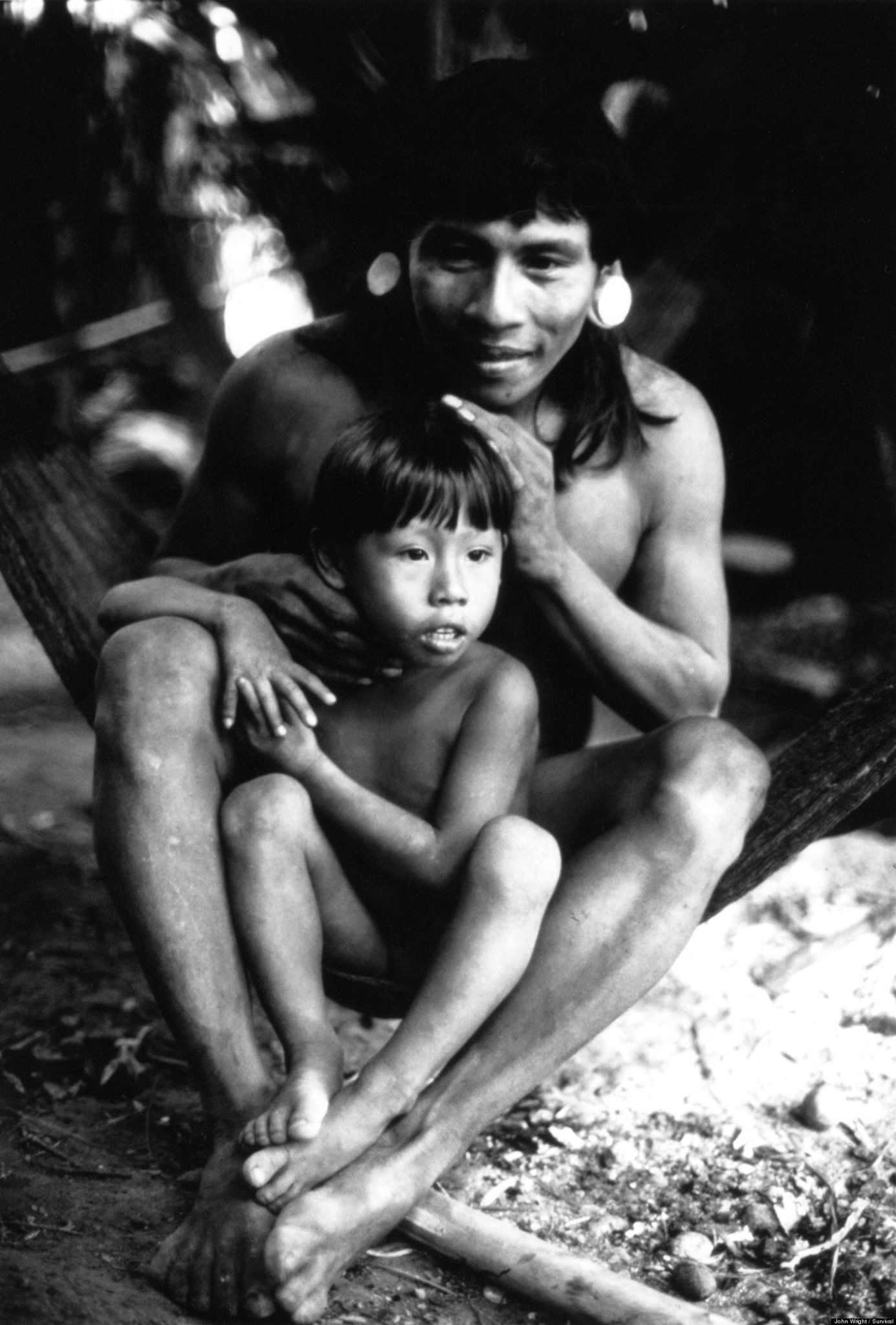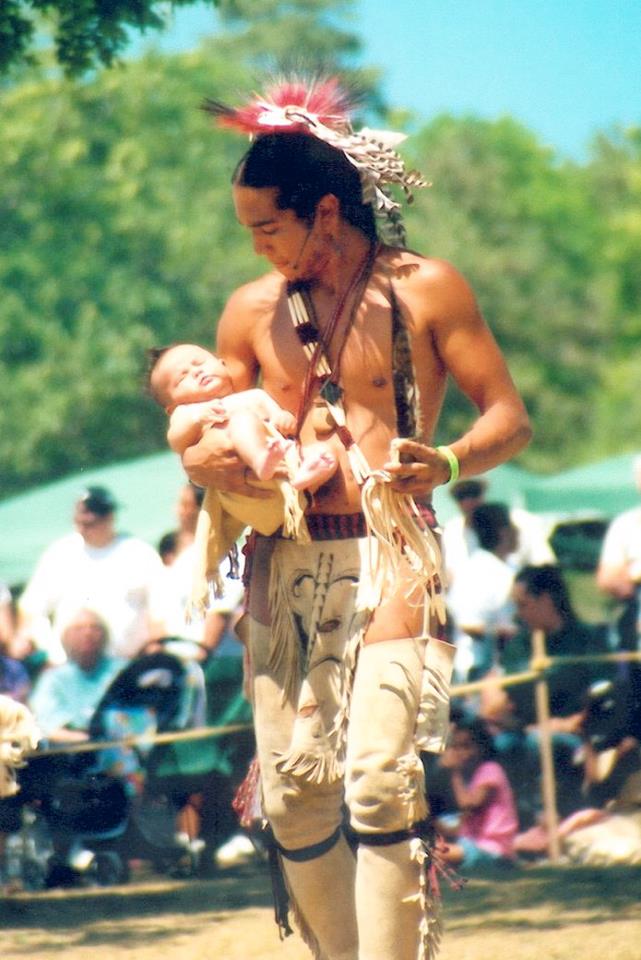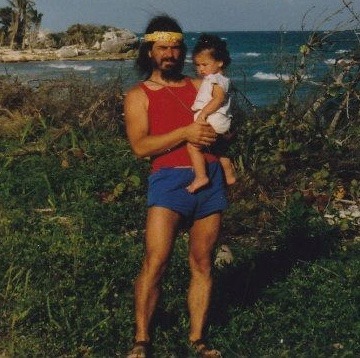Blog
Chester Burton Atkins (June 20, 1924 – June 30, 2001), known also as “Mr. Guitar” and “The Country Gentleman“, was an American musician who, along with Owen Bradley and Bob Ferguson, helped create the Nashville sound, the country music style which expanded its appeal to adult pop music fans. He was primarily a guitarist, but he also played the mandolin, fiddle, banjo, and ukulele, and occasionally sang.
Atkins’s signature picking style was inspired by Merle Travis. Other major guitar influences were Django Reinhardt, George Barnes, Les Paul, and, later, Jerry Reed. His distinctive picking style and musicianship brought him admirers inside and outside the country scene, both in the United States and abroad. Atkins spent most of his career at RCA Victor and produced records for the Browns, Hank Snow, Porter Wagoner, Norma Jean, Dolly Parton, Dottie West, Perry Como, Floyd Cramer, Elvis Presley, the Everly Brothers, Eddy Arnold, Don Gibson, Jim Reeves, Jerry Reed, Skeeter Davis, Waylon Jennings, Roger Whittaker, Ann-Margret and many others.
Rolling Stone credited Atkins with inventing the “popwise ‘Nashville sound’ that rescued country music from a commercial slump” and ranked him number 21 on their list of “The 100 Greatest Guitarists of All Time”.Among many other honors, Atkins received 14 Grammy Awards and the Grammy Lifetime Achievement Award. He also received nine Country Music Association awards for Instrumentalist of the Year. He was inducted into the Rock & Roll Hall of Fame, the Country Music Hall of Fame and Museum, and the Musicians Hall of Fame and Museum. George Harrison was also inspired by Chet Atkins; early Beatles songs such as “All My Loving” show the influence.
Atkins was born on June 20, 1924, in Luttrell, Tennessee, near Clinch Mountain. His parents divorced when he was six years old, after which he was raised by his mother. He was the youngest of three boys and a girl. He started out on the ukulele, later moving on to the fiddle, but he made a swap with his brother Lowell when he was nine: an old pistol and some chores for a guitar.
more...
Eric Allan Dolphy Jr. (June 20, 1928 – June 29, 1964) was an American jazz alto saxophonist, bass clarinetist and flautist. On a few occasions, he also played the clarinet and piccolo. Dolphy was one of several multi-instrumentalists to gain prominence in the same era. His use of the bass clarinet helped to establish the instrument within jazz. Dolphy extended the vocabulary and boundaries of the alto saxophone, and was among the earliest significant jazz flute soloists.
His improvisational style was characterized by the use of wide intervals, in addition to employing an array of extended techniques to emulate the sounds of human voices and animals. He used melodic lines that were “angular, zigzagging from interval to interval, taking hairpin turns at unexpected junctures, making dramatic leaps from the lower to the upper register.” Although Dolphy’s work is sometimes classified as free jazz, his compositions and solos were often rooted in conventional (if highly abstracted) tonal bebopharmony.
Dolphy was born and raised in Los Angeles, California. His parents were Sadie and Eric Dolphy, Sr.,who immigrated to the United States from Panama. He began music lessons at age six, studying clarinet and saxophone privately. While still in junior high, he began to study the oboe, aspiring to a professional symphonic career, and received a two-year scholarship to study at the music school of the University of Southern California.
more...Producer Ian Brenan reported the passing of Yanna Momina, a leading artist from the northeast African nation of Jibuti (Djibouti), on Sunday, June 18th. Brenan said: “Yanna Momina Abass 1947-2023. We are saddened to announce the death of Yanna Momina at age 76. Momina had been scheduled to perform at this year’s WOMAD Festival, but fell ill in the spring. Her presence will be missed, but her one-of-a-kind voice lives on.”
Yanna Momina was a singer-songwriter and a member of the Afar people, Jibuti’s second-largest ethnic group. She became known locally for her extraordinary talent and powerful vocal delivery. Yanna was discovered while accompanied on a two-string shingle played with nails and a matchbox for maracas. She made a name in the region, presenting her musical traditions on her album “Afar Ways” (Glitterbeat, 2022) which was recorded live in a stilt-hut on the Horn of Africa with American producer Ian Brennan.
more...On “Freedom’s Eve,” or the eve of January 1, 1863, the first Watch Night services took place. On that night, enslaved and free African Americans gathered in churches and private homes all across the country awaiting news that the Emancipation Proclamation had taken effect. At the stroke of midnight, prayers were answered as all enslaved people in Confederate States were declared legally free. Union soldiers, many of whom were black, marched onto plantations and across cities in the south reading small copies of the Emancipation Proclamation spreading the news of freedom in Confederate States. Only through the Thirteenth Amendment did emancipation end slavery throughout the United States.
But not everyone in Confederate territory would immediately be free. Even though the Emancipation Proclamation was made effective in 1863, it could not be implemented in places still under Confederate control. As a result, in the westernmost Confederate state of Texas, enslaved people would not be free until much later. Freedom finally came on June 19, 1865, when some 2,000 Union troops arrived in Galveston Bay, Texas. The army announced that the more than 250,000 enslaved black people in the state, were free by executive decree. This day came to be known as “Juneteenth,” by the newly freed people in Texas.
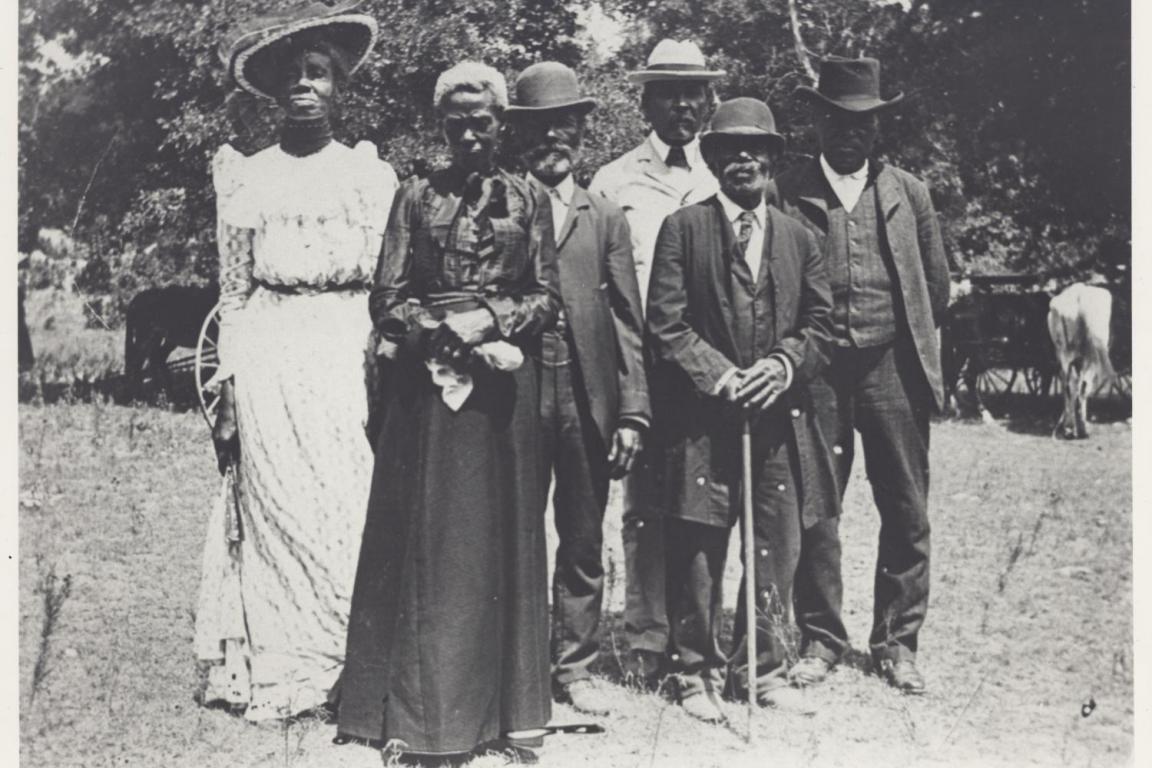
The center of the Lagoon Nebula is a whirlwind of spectacular star formation. Visible near the image center, at least two long funnel-shaped clouds, each roughly half a light-year long, have been formed by extreme stellar winds and intense energetic starlight. A tremendously bright nearby star, Herschel 36, lights the area. Vast walls of dust hide and redden other hot young stars. As energy from these stars pours into the cool dust and gas, large temperature differences in adjoining regions can be created generating shearing winds which may cause the funnels. This picture, spanning about 15 light years, combines images taken in four colors by the orbiting Hubble Space Telescope. The Lagoon Nebula, also known as M8, lies about 5000 light years distant toward the constellation of the Archer (Sagittarius).
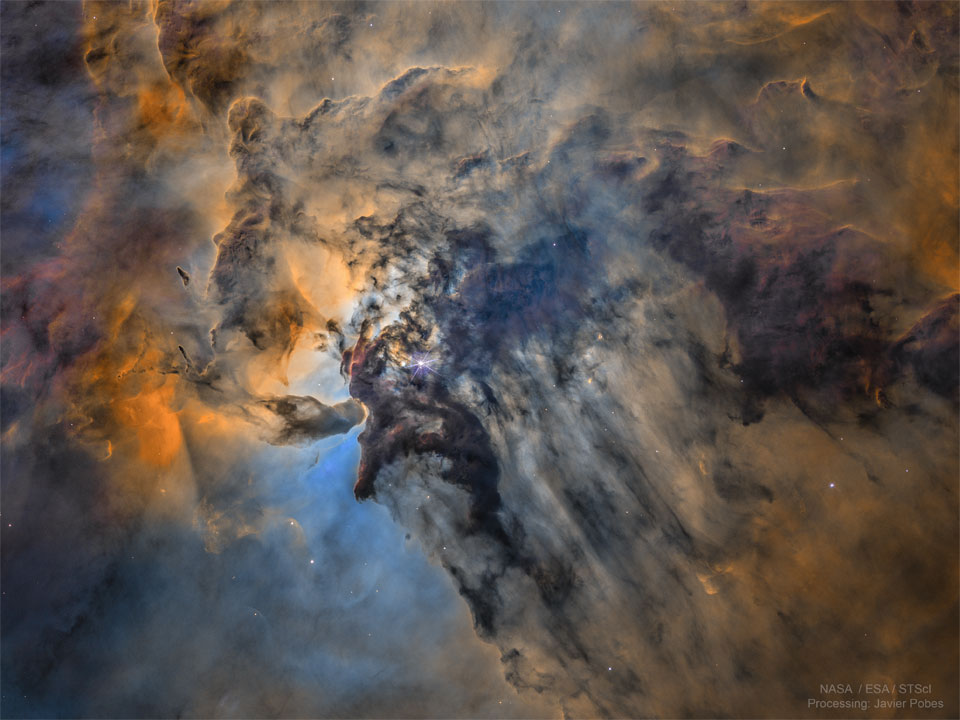
more...
John Stein is a jazz guitarist and teacher from Kansas City, Missouri. Born: 1949 (age 74 years), Kansas City, MO
A native of Kansas City, Missouri, Stein took his first guitar lesson when he was seven and his first jazz lesson when he was thirteen. In 1967, he attended Beloit College, but he dropped out and moved to Vermont. He worked in local clubs playing rock music, then took jazz lessons from a pianist. When he was thirty, he attended the Berklee College of Music and taught there after he graduated. He received a master’s degree in education from Harvard and also plays double bass. His first album, Hustle Up!, was released in 1995.
more...Willis Robert “Billy” Drummond Jr. (born June 19, 1959) is an American jazz drummer.
Billy Drummond was born in Newport News, Virginia, where he grew up listening to the extensive jazz record collection of his father, an amateur drummer and jazz enthusiast. He started playing the drums at four and was performing locally in his own band by the age of eight, and playing music with other kids in the neighborhood, including childhood friends Victor Wooten and his brothers, who lived a few doors away and through whom he met Consuela Lee Moorehead, composer, arranger, music theory professor, and the founder of the Springtree/Snow Hill Institute for the Performing Arts. He attended Shenandoah College and Conservatory of Music on a Classical Percussion scholarship and, upon leaving school, became a member of a local Top 40 band called The Squares with bass phenom Oteil Burbridge.
more...Ernest Ranglin OJ (born 19 June 1932) is a Jamaican guitarist and composer who established his career while working as a session guitarist and music director for various Jamaican record labels including Studio One and Island Records. Ranglin played guitar on many early ska recordings and helped create the rhythmic guitar style that defined the form. Ranglin has worked with Theophilus Beckford, Jimmy Cliff, Monty Alexander, Prince Buster, the Skatalites, Bob Marley and the Eric Deans Orchestra. He is noted for a chordal and rhythmic approach that blends jazz, mento and reggae with percussive guitar solos incorporating rhythm ‘n’ blues and jazz inflections.
Ernest Ranglin was born in Manchester, Jamaica. His family moved to Kingston, where he attended the Providence Primary School, Kingston Senior School and Bodin College. Ranglin’s introduction to music was through two uncles who both played guitar. Initially a self-taught guitarist; he received some tutoring on how to sight-read from a violin player named Tommy Tomlins. At the age of 15, Ranglin joined the Val Bennett Orchestra, which was followed by a period of employment with the Eric Deans Orchestra. While performing locally with these orchestras Ranglin was introduced to the jazz pianist Monty Alexander, which led to a lifelong friendship as well as numerous musical collaborations.
more...Albert King (1912–1981), known as Bertie King, was a Jamaican jazz and mento musician. He played the clarinet and the saxophone.
King was born in Panama, and raised in Kingston, where he attended Alpha Boys School.
During the 1930s he led his own band, Bertie King and his Rhythm Aces, described at the time as “Jamaica’s Foremost Dance Orchestra”. In 1936 he left for England, sailing on the same ship as his friend Jiver Hutchinson. In London he joined Ken Snakehips Johnson‘s West Indian Dance Band, and later played with Leslie Hutchinson’s band. He also worked with visiting American musicians including Benny Carter, George Shearing and Coleman Hawkins. In 1937 he recorded four sides in the Netherlands with Benny Carter, and in 1938 he recorded with Django Reinhardt in Paris. In 1939 he joined the Royal Navy. He left the Navy in 1943 and formed his own band, also working and recording with Nat Gonella.
King returned to Jamaica in 1951, where he started his own band, known as the Casa Blanca Orchestra, playing in the mento style. Since there were no Jamaican record labels at this time, he arranged for his recordings to be pressed in a plant in Lewisham, England, owned by Decca Records. He returned a number of times to England, working and recording with Kenny Baker, George Chisholm, Chris Barber, Kenny Graham and Humphrey Lyttelton, and also toured in Asia and Africa with his own band. During this period he also played and recorded in London with some of the leading Trinidadian calypsonians. He was noted for his impassive demeanour on stage, which belied an expressive playing style.
King led the Jamaica Broadcasting Corporation‘s house band in the 1950s; his sidemen included Ernest Ranglin and Tommy Mowatt.[1] He recorded extensively with this outfit. In 1965 he moved to the USA. His last known public performance was at Jamaican Independence Day celebrations in New York City in 1967. He died in the USA in 1981.
more...Originally discovered during the Voyager flybys of Saturn in the 1980s, nobody has ever seen anything like it anywhere else in the Solar System. Acquiring its first sunlit views of far northern Saturn in late 2012, the Cassini spacecraft’s wide-angle camera recorded this stunning, false-color image of the ringed planet’s north pole. The composite of near-infrared image data results in red hues for low clouds and green for high ones, giving the Saturnian cloudscape a vivid appearance. This and similar images show the stability of the hexagon even 20+ years after Voyager. Movies of Saturn’s North Pole show the cloud structure maintaining its hexagonal structure while rotating. Unlike individual clouds appearing like a hexagon on Earth, the Saturn cloud pattern appears to have six well defined sides of nearly equal length. Four Earths could fit inside the hexagon. Beyond the cloud tops at the upper right, arcs of the planet’s eye-catching rings are tinted bright blue.

Sir James Paul McCartney CH MBE (born 18 June 1942) is an English singer, songwriter and musician who gained worldwide fame with the Beatles, for whom he played bass guitar and shared primary songwriting and lead vocal duties with John Lennon. One of the most successful composers and performers of all time, McCartney is known for his melodic approach to bass-playing, versatile and wide tenor vocal range, and musical eclecticism, exploring genres ranging from pre–rock and roll pop to classical, ballads, and electronica. His songwriting partnership with Lennon remains the most successful in history.
Born in Liverpool, McCartney taught himself piano, guitar and songwriting as a teenager, having been influenced by his father, a jazz player, and rock and roll performers such as Little Richard and Buddy Holly. He began his career when he joined Lennon’s skiffle group, the Quarrymen, in 1957, which evolved into the Beatles in 1960. Sometimes called “the cute Beatle”, McCartney later involved himself with the London avant-garde and spearheaded the incorporation of experimental aesthetics into the Beatles’ studio productions. Starting with the 1967 album Sgt. Pepper’s Lonely Hearts Club Band, he gradually became the band’s de facto leader, providing the creative impetus for most of their music and film projects. Many of his Beatles songs, including “And I Love Her“, “Yesterday“, “Eleanor Rigby“, and “Blackbird“, rank among the most covered songs in history. While primarily a bassist with the Beatles, in various songs he played a number of other instruments, including keyboards, guitars, and drums.
After the Beatles disbanded, he debuted as a solo artist with the 1970 album McCartney and formed the band Wings with his first wife, Linda, and Denny Laine. Led by McCartney, Wings was one of the most successful bands of the 1970s, and he wrote or co-wrote their US or UK number-one hits “My Love“, “Band on the Run“, “Listen to What the Man Said“, “Silly Love Songs“, and “Mull of Kintyre“. He resumed his solo career in 1980 and has toured as a solo artist since 1989. Without Wings, his UK or US number-one hits have included “Uncle Albert/Admiral Halsey” (with Linda), “Coming Up“, “Pipes of Peace“, “Ebony and Ivory” (with Stevie Wonder), and “Say Say Say” (with Michael Jackson). Beyond music, he has taken part in projects to promote international charities related to such subjects as animal rights, seal hunting, land mines, vegetarianism, poverty, and music education.
McCartney has written or co-written a record 32 songs that have topped the Billboard Hot 100 and, as of 2009, had sales of 25.5 million RIAA-certified units in the US. His honours include two inductions into the Rock and Roll Hall of Fame (as a member of the Beatles in 1988 and as a solo artist in 1999), an Academy Award, a Primetime Emmy Award, 18 Grammy Awards, an appointment as a Member of the Order of the British Empire in 1965 and a knighthood in 1997 for services to music. As of 2020, he is one of the wealthiest musicians in the world, with an estimated fortune of £800 million.
more...Ray McKinley (June 18, 1910 – May 7, 1995) was an American jazz drummer, singer, and bandleader. He played drums and later led the Major Glenn Miller Army Air Forces Orchestra in Europe. He also led the new Glenn Miller Orchestra in 1956.
Born in Fort Worth, Texas, United States, McKinley’s parents bought him his first drum set at the age of nine. Soon after he began playing with a local band called The Jolly Jazz Band in the Dallas–Fort Wortharea. He left home when he was 15 and played with Milt Shaw’s Detroiters and the Smith Ballew and Duncan-Marin bands. His first substantial professional engagement came in 1934 with the Dorsey Brothers’ Orchestra. It was with the Smith Ballew band in 1929 that McKinley met Glenn Miller. The two formed a friendship that lasted from 1929 until Miller’s death in 1944. McKinley and Miller joined the Dorsey Brothers in 1934. Miller left for Ray Noble in December 1934, while McKinley remained.
more...Ray Bauduc (June 18, 1906 – January 8, 1988) was an American jazz drummer best known for his work with the Bob Crosby Orchestra and their band-within-a-band, the Bobcats, between 1935 and 1942. He is also known for his shared composition of “Big Noise from Winnetka,” a jazz standard.
Bauduc was born in New Orleans, Louisiana, United States. He was the son of cornetist Jules Bauduc.His older brother, Jules Jr., was a banjoist and bandleader. His sister was also a musician, a pianist.Bauduc’s youthful work in New Orleans included performing in the band of Johnny Bayersdorffer, and on radio broadcasts. His New Orleans origin instilled in him a love for two-beat drumming, which he retained when he played with Bob Crosby’s swing-era big band. In 1926, he moved to New York City to join Joe Venuti‘s band. His other work in the 1920s included recording with the Original Memphis Five and the Scranton Sirens, which included Tommy Dorsey and Jimmy Dorsey.
more...Prince Lincoln Thompson, known as Sax (10 July 1949 in Jonestown, Kingston, Jamaica – 14 January 1999 in London, England), was a Jamaican singer, musician and songwriter with the reggae band the Royal Rasses, and a member of the Rastafari movement. He was noted for his high falsetto singing voice, very different from his spoken voice.
He began his recording career as a harmony singer along with Cedric Myton of The Congos in 1967, in a band called The Tartans, who then split up in 1969. In 1971 he was taken on by Coxsone Dodd, and recorded three songs with him at Studio One called “Daughters of Zion“, “True Experience” and “Live Up to Your Name”. In 1974, he recorded the Humanity album with Cedric Myton, Clinton Hall and Keith Peterkin, and set up the God Sent label. He had two hit singles with “Kingston 11” and “Love the Way It Should Be”.
more...Centaurus A (also known as NGC 5128 or Caldwell 77) is a galaxy in the constellation of Centaurus. It was discovered in 1826 by Scottish astronomer James Dunlop from his home in Parramatta, in New South Wales, Australia. There is considerable debate in the literature regarding the galaxy’s fundamental properties such as its Hubble type (lenticular galaxy or a giant elliptical galaxy) and distance (11–13 million light-years).NGC 5128 is one of the closest radio galaxies to Earth, so its active galactic nucleus has been extensively studied by professional astronomers. The galaxy is also the fifth-brightest in the sky, making it an ideal amateur astronomy target. It is only visible from the southern hemisphere and low northern latitudes.
The center of the galaxy contains a supermassive black hole with a mass of 55 million solar masses, which ejects a relativistic jet that is responsible for emissions in the X-ray and radiowavelengths. By taking radio observations of the jet separated by a decade, astronomers have determined that the inner parts of the jet are moving at about half of the speed of light. X-rays are produced farther out as the jet collides with surrounding gases, resulting in the creation of highly energetic particles. The X-ray jets of Centaurus A are thousands of light-years long, while the radio jets are over a million light-years long.
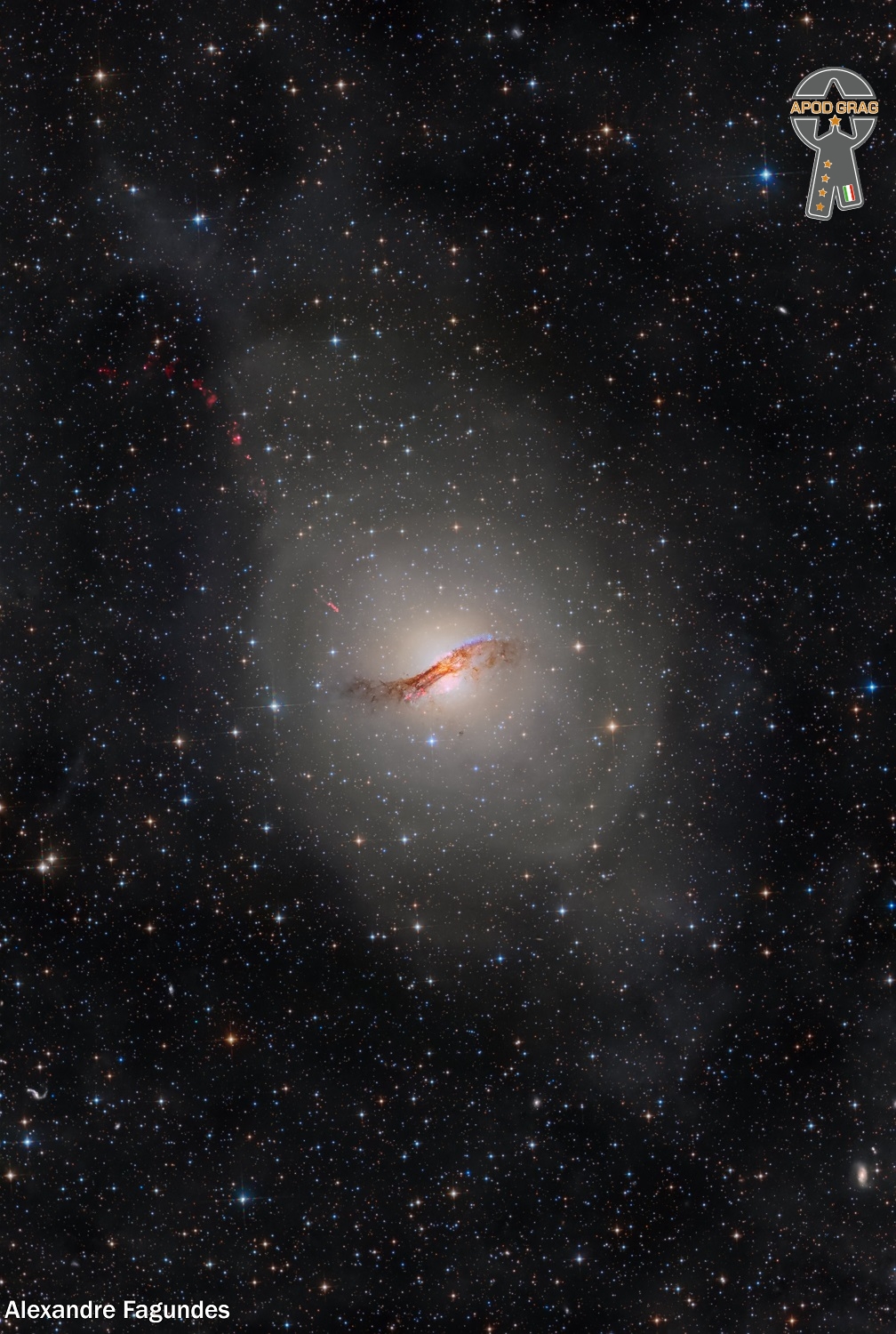
more...
More Posts
- Charlie Christian Day
- Don Redman Day
- World Music with Harald Bauweraerts
- Daily Roots with Pepper
- The Cosmos with NGC 7129
- Mike Bloomfield Day
- Charlie Biddle Day
- David “Junior” Kimbrough Day
- World Music with Mihály Sipos
- Daily Roots with Ras Midas
- The Cosmos with NGC 1435
- Edward Simon Day
- Jean Toussaint Day
- Moses Rascoe Day
- World Music with Doudou Ndiaye Rose
- Daily Roots with King Kong
- The Cosmos with NGC 1309
- Juanito Pascual Day
- JoAnne Brackeen Day
- Erskine Hawkins Day
